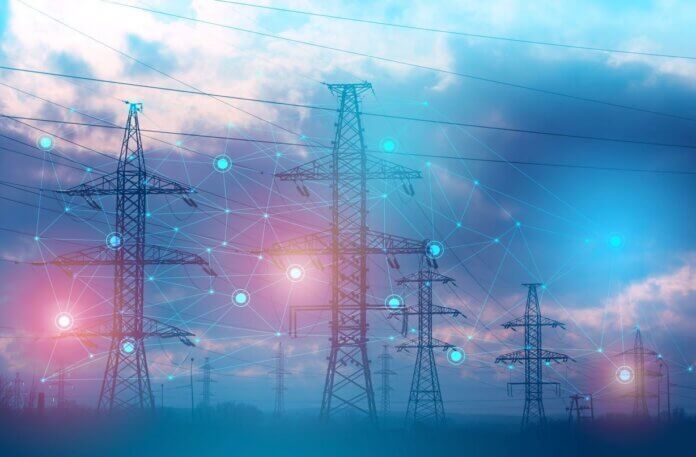
UL, a global safety science leader, has released a report, co-authored with the U.S. Department of Energy’s (DOE) National Renewable Energy Laboratory (NREL), titled “Cybersecurity Certification Recommendations for Interconnected Grid Edge Devices and Inverter Based Resources.” The report includes recommendations that enable distributed energy resources (DER) and inverter-based resources (IBRs) to maintain a strong cybersecurity posture.
With support from DOE’s Solar Energy Technologies Office, UL will continue working with NREL on developing requirements to support cybersecurity certification standards for DERs and IBRs. UL and NREL have begun to investigate a standard that will cover energy storage and generation technologies in the distribution grid. This includes photovoltaic cells, electric vehicle chargers and wind turbines.
“Currently, there are no cybersecurity certification requirements to which manufacturers and vendors can certify their DER and IBR devices against an established and widely adopted cybersecurity certification program,” says Kenneth Boyce, senior director for the Principal Engineering, Industrial group at UL. “The development of these new cybersecurity certification requirements will provide a single unified approach that can be taken as a reference for performing the testing and certification of DERs before being deployed and while in the field. Drafting comprehensive certification requirements with peer review requires effective leadership and stakeholder participation.”
These new requirements will give priority to cybersecurity enhancements for power system dealing with high penetration-inverter-based resources. This includes bulk power systems interfacing with bulk systems for periods of instantaneous solar, hybrid, and storage generation. It will also ensure that cybersecurity is integrated into new IBR/DER systems.
“A national or international cybersecurity certification standard can aid industry stakeholders to evaluate and validate the cybersecurity posture of their DER or IBR devices before they are connected to the electric grid,” states Danish Saleem, senior researcher for energy cyber-physical system security at NREL. “UL supports the development of a cybersecurity certification program because, not only will robust cybersecurity be introduced to the electric grid, but it will also help to ensure the concept of security by design is being followed for new DER systems.”
“Drafting consensus-based cybersecurity certification standards requires effective leadership and regular participation from stakeholders,” adds Saleem. “NREL and UL can streamline this effort by utilizing in-house expertise and state-of-the-art testing facilities and by bringing industry experts to the UL Standards Technical Panel. By collaborating with UL on this technical report, we have established a valuable working relationship that will strengthen our ability to develop the forthcoming cybersecurity certification standard for DER and IBR devices.”
